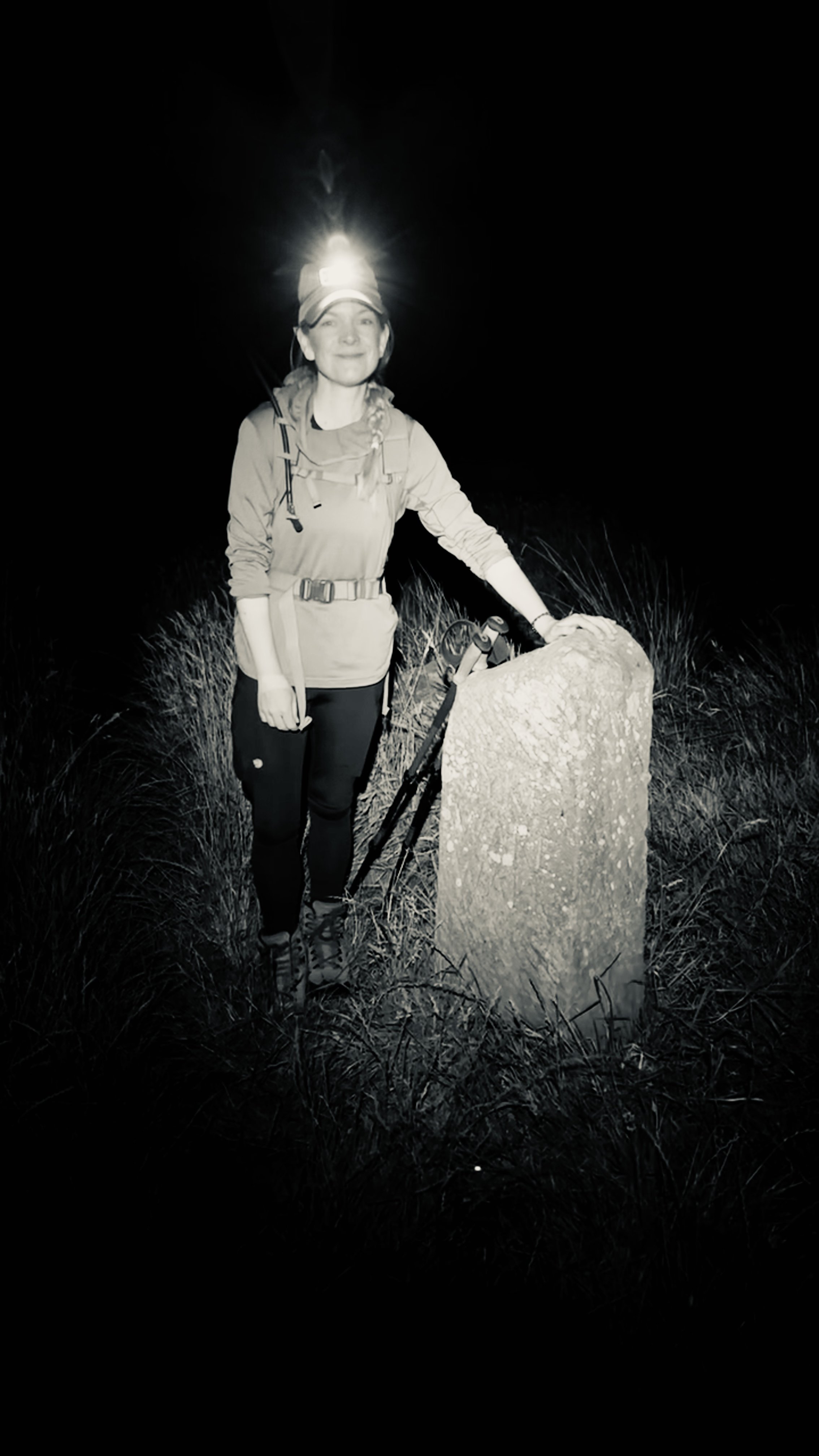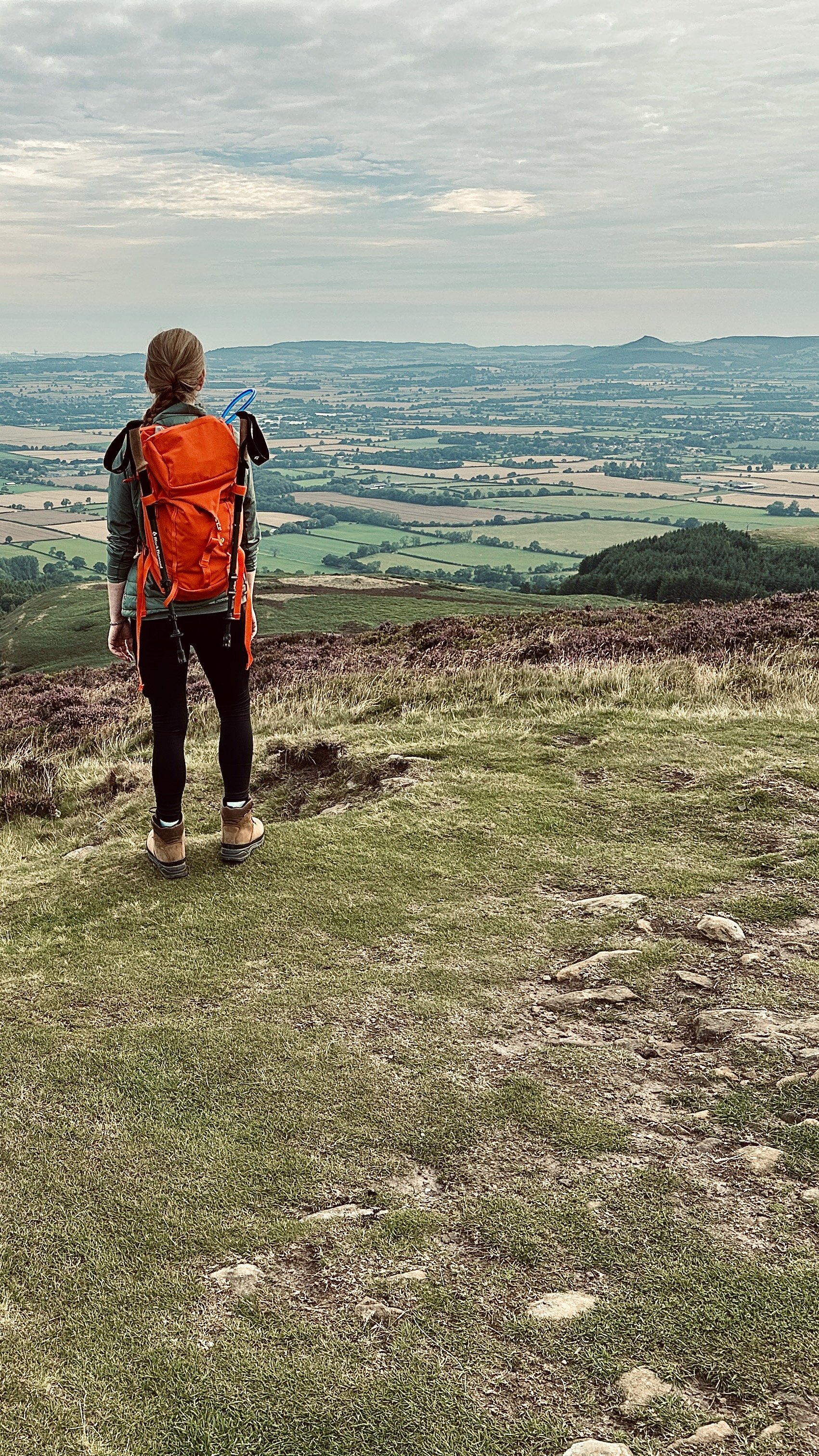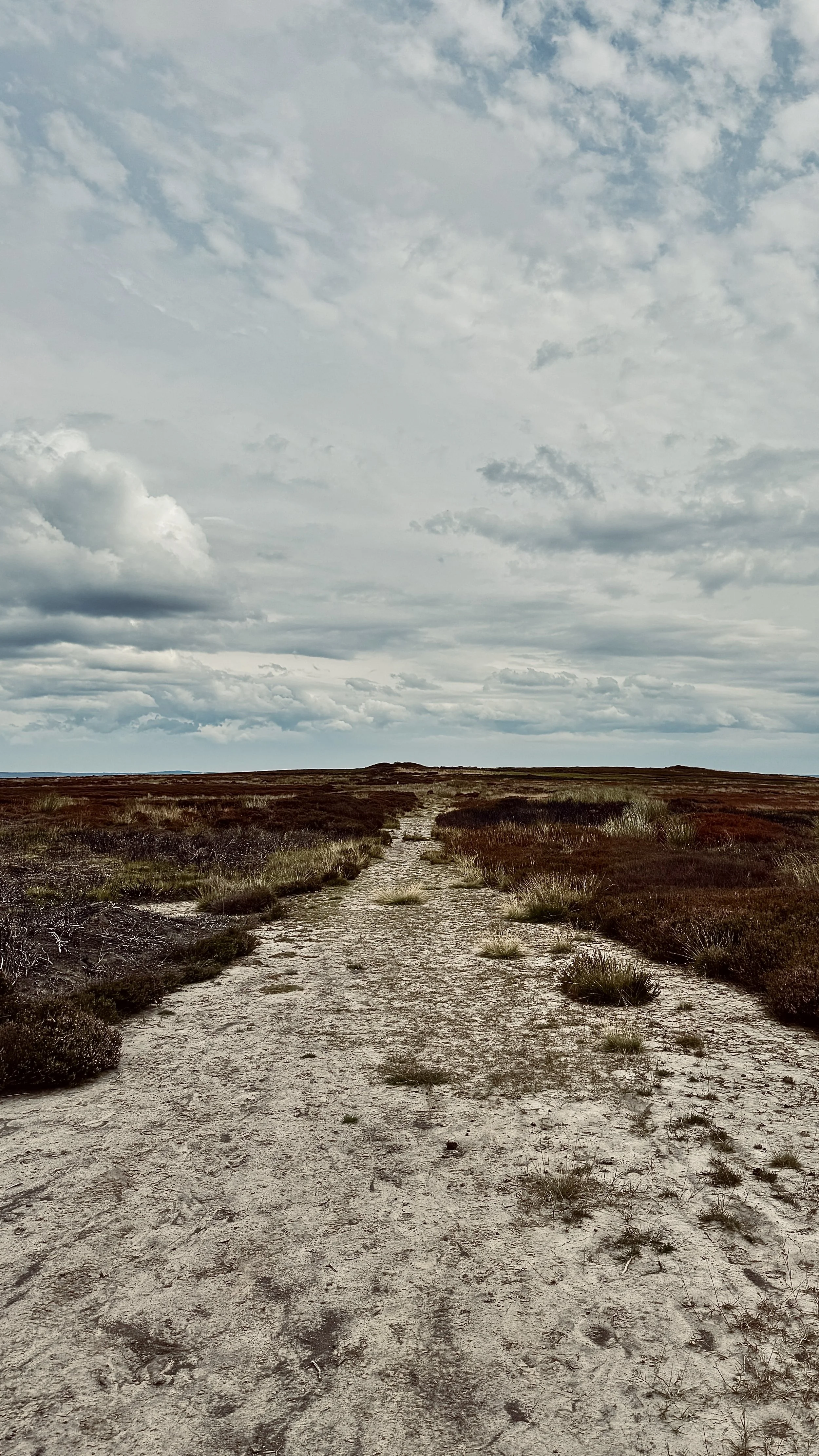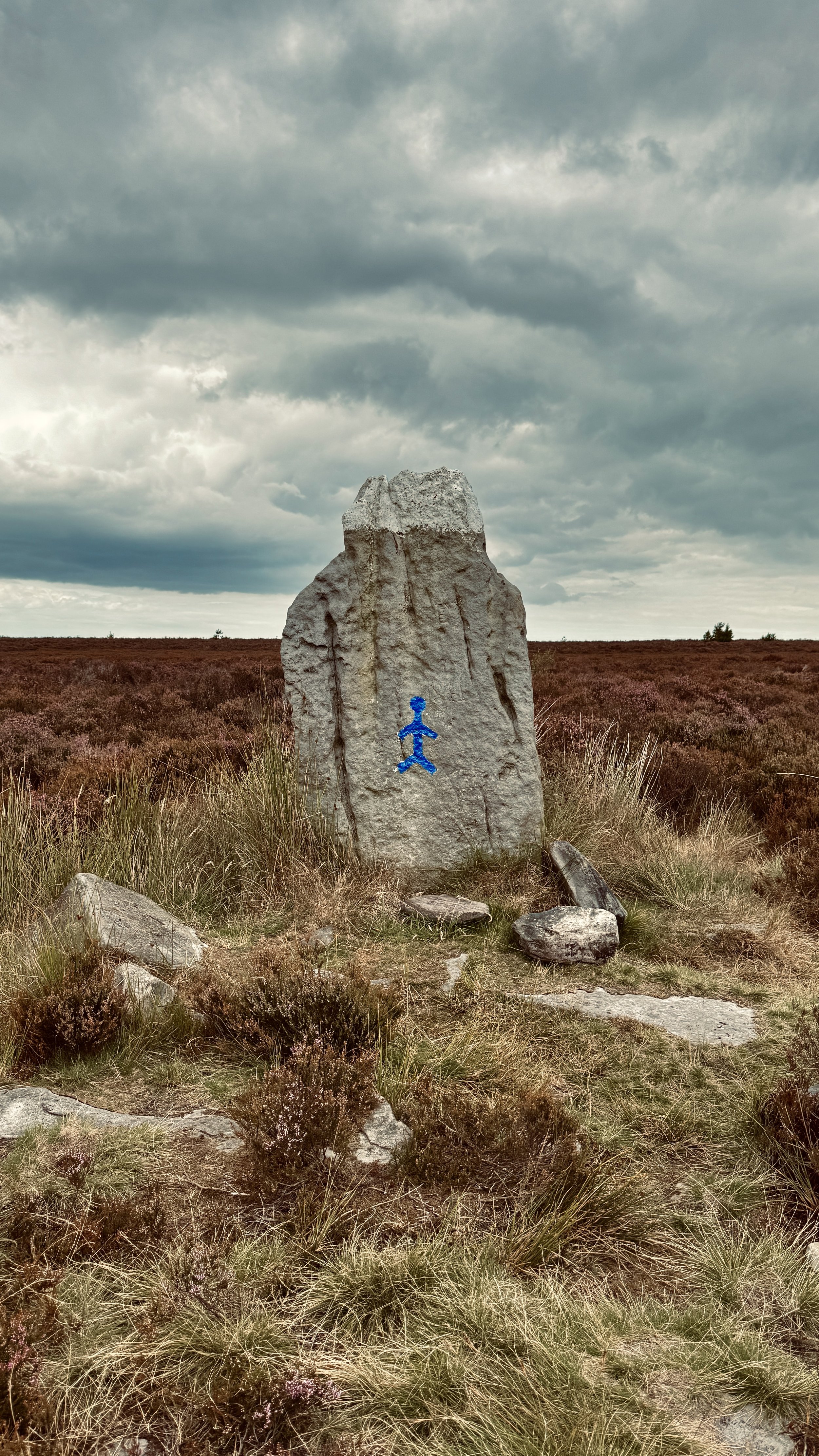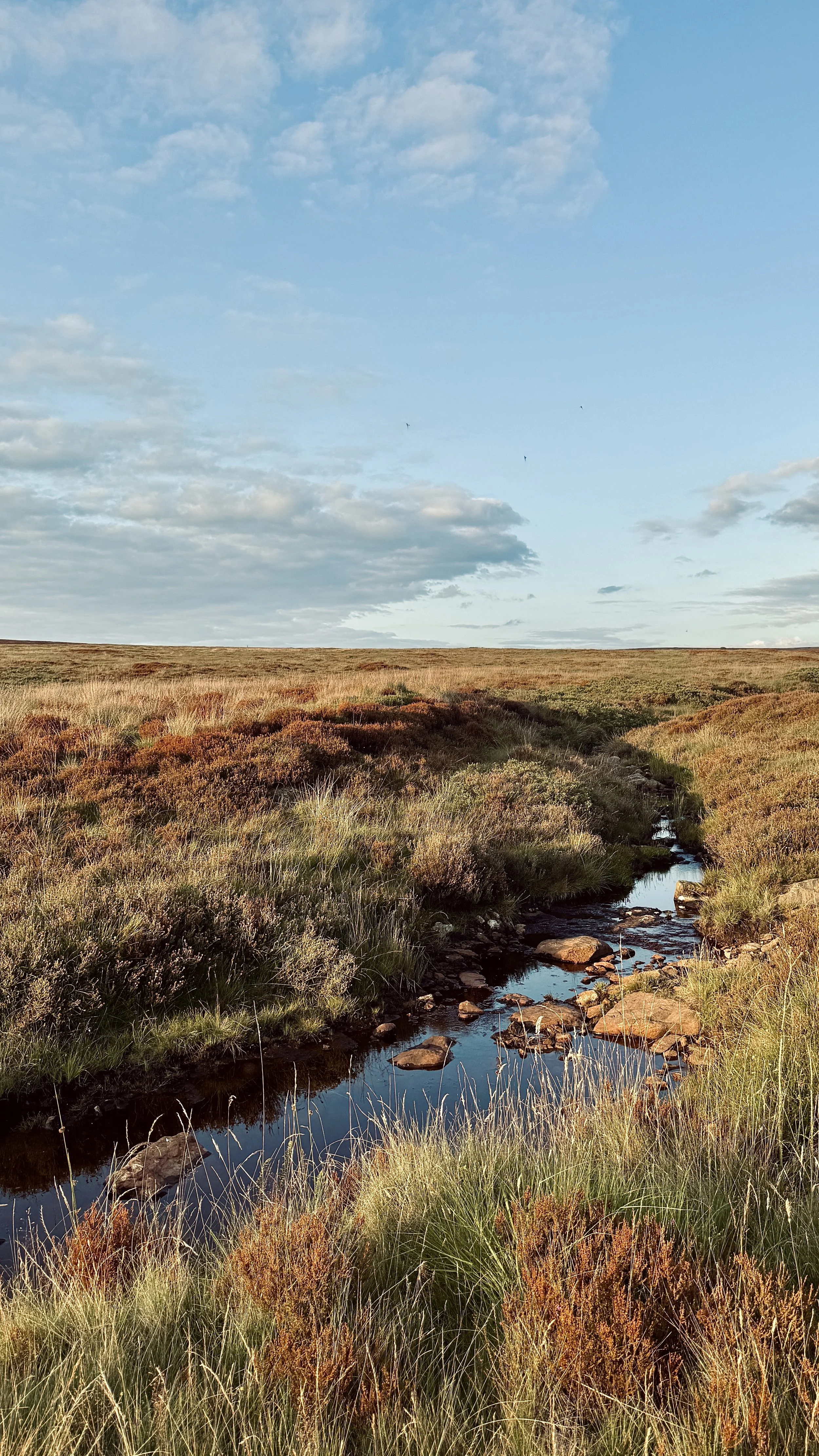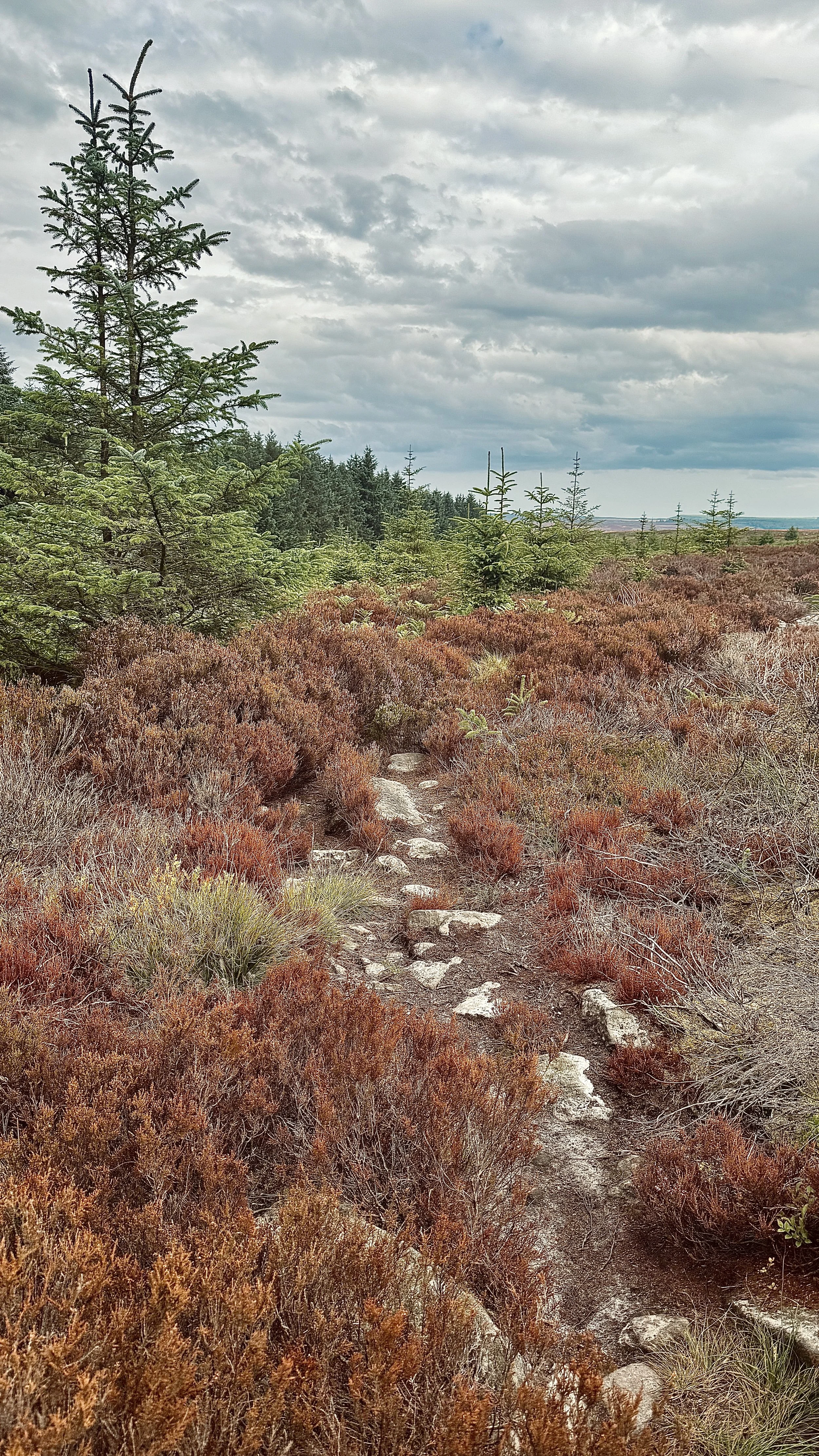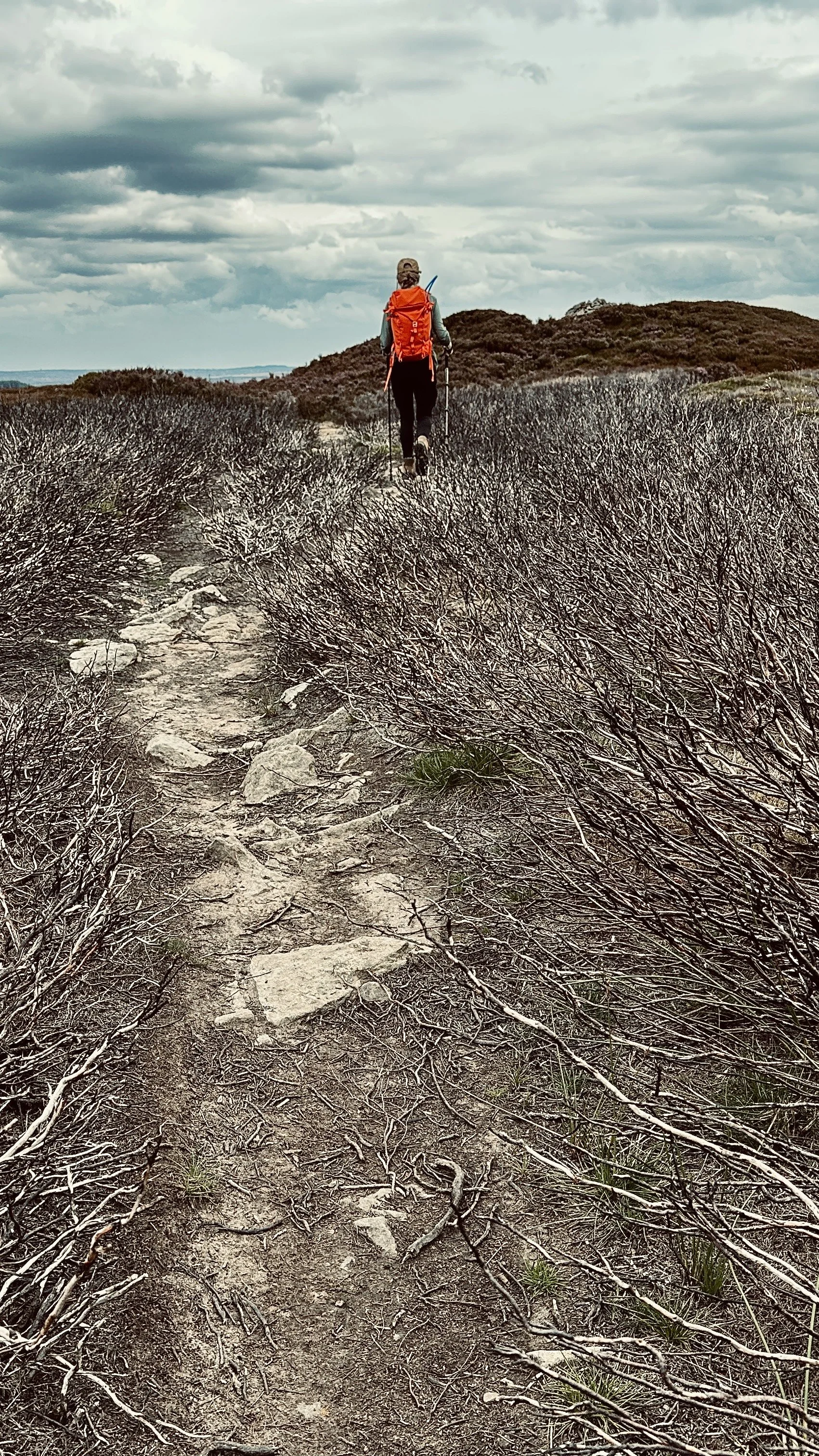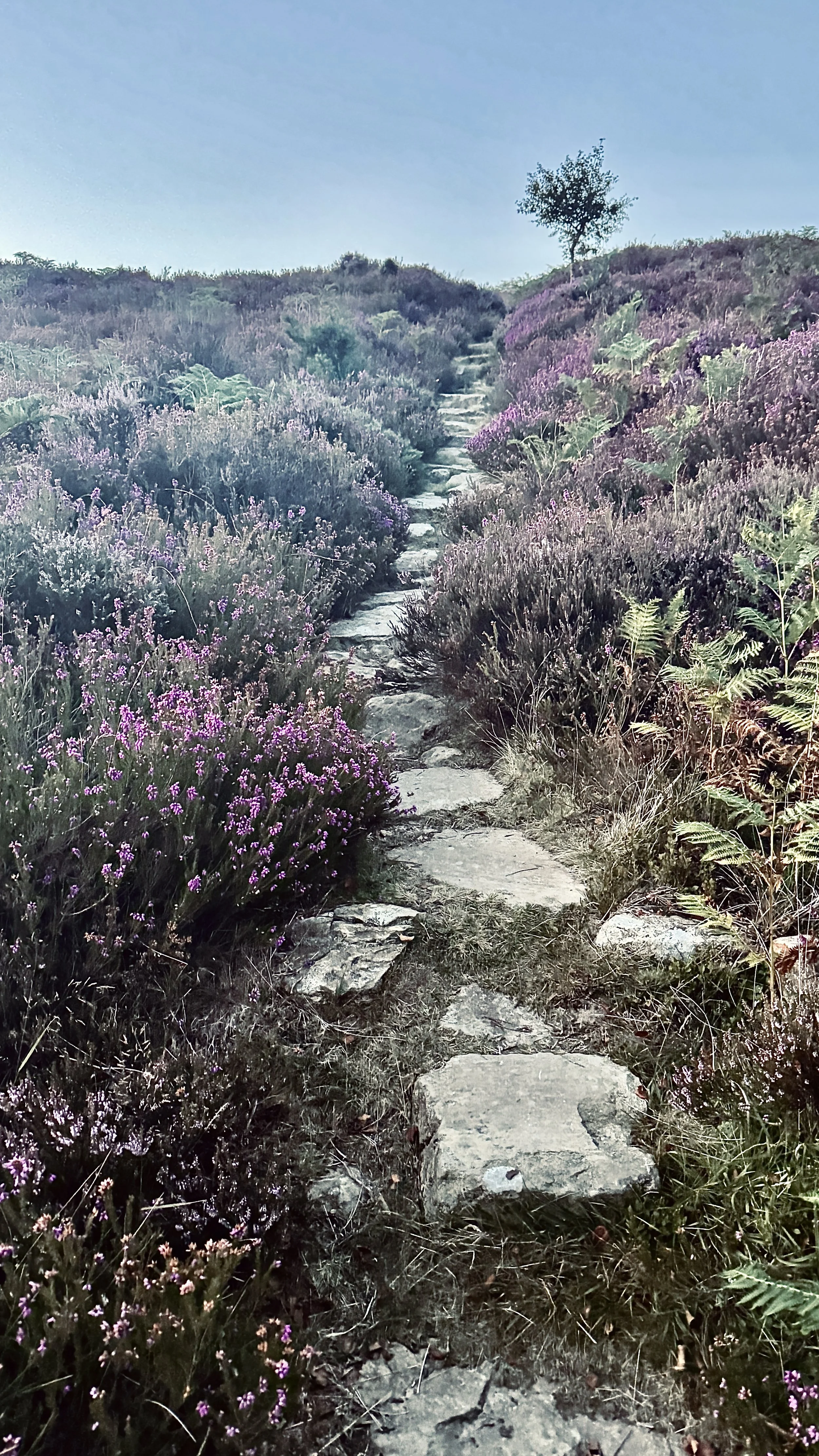The Lyke Wake Walk
The Lyke Wake Dirge, from the Oxford Book of English Verse (1900).
This ae nighte, this ae nighte,
Fire and fleet and candle-lighte,
And Christe receive thy saule.
When thou from hence away art past,
To Whinny-muir thou com'st at last;
If ever thou gavest hosen and shoon,
Sit thee down and put them on;
If hosen and shoon thou ne'er gav'st nane
The whinnes sall prick thee to the bare bane;
From Whinny-muir when thou may'st pass,
To Brig o' Dread thou com'st at last;
From Brig o' Dread when thou may'st pass,
To Purgatory fire thou com'st at last;
If ever thou gavest meat or drink,
The fire sall never make thee shrink;
If meat or drink thou ne'er gav'st nane,
The fire will burn thee to the bare bane;
This ae nighte, this ae nighte,
Fire and fleet and candle-lighte,
And Christe receive thy saule.
Well, after working towards it for longer than I ever even realised, I’m now a Dirger. It’s safe to say the last few years - the last couple in particular - have thrown a few hurdles my way. But this Saturday I took the challenge of completing the Lyke Wake Walk, in memory of my parents, and as a personal summit after traumatic bereavement, health issues, fatigue, and anxiety - that at one point when things were at their worst had me struggling to even leave the house some days.
The Lyke Wake Dirge is a song that dates as far back as the 16th century, sung over the dead as a local funeral custom. It has since given its name to the Lyke Wake Walk, a brutal challenge walk of over 40 miles crossing the widest point of the North York Moors, between Osmotherly and Ravenscar. The trek had me looking out over Middlesbrough where I grew up, and was a chance to celebrate the hurdles I’ve overcome.
As Gerry Orchard, one of the people who had made the crossing more than any others said, in a Guardian article; “There’s a lot of stories that coffins were carried across the moors in days of old,” he says, “but sadly they’re not true. The real connection with the dirge is that toward the end of the Lyke Wake you feel like death. You look at those tumuli, the ancient burial mounds on the moors, and you think, ‘The guy in there is lucky. He has found peace, whereas I am still suffering.’”
The walk takes you past stone crosses and howes (ancient burial mounds), through forest, an elevation gain of 5,000ft, moors, a couple of ravines, a bog, and grassland (thankfully no adder bites or injury to report, but my feet have seen better days).
I enjoyed every second of this trial - though those last seven miles as we walked the moor to the final Lyke Wake stone in the dark, amongst the heather, headtorches lighting the way, with the Dirge song and the odd hoot of an owl overhead the only sound for miles and miles - were HARD.
The challenge, to become a dirger (or a witch, as is traditionally the title for women), is to complete the crossing in less than 24 hours. We managed it in 17.5, after heading out at 5am and reaching the end in the gloom. It is a psychological challenge as much as a physical one - so much so that the old crossing card you received on completion, like the one I carried of my mum’s as I walked, says “condolences on your crossing”. Now I have my own pin badge to memorialise it. I like to think she’d be pretty proud I made it.
